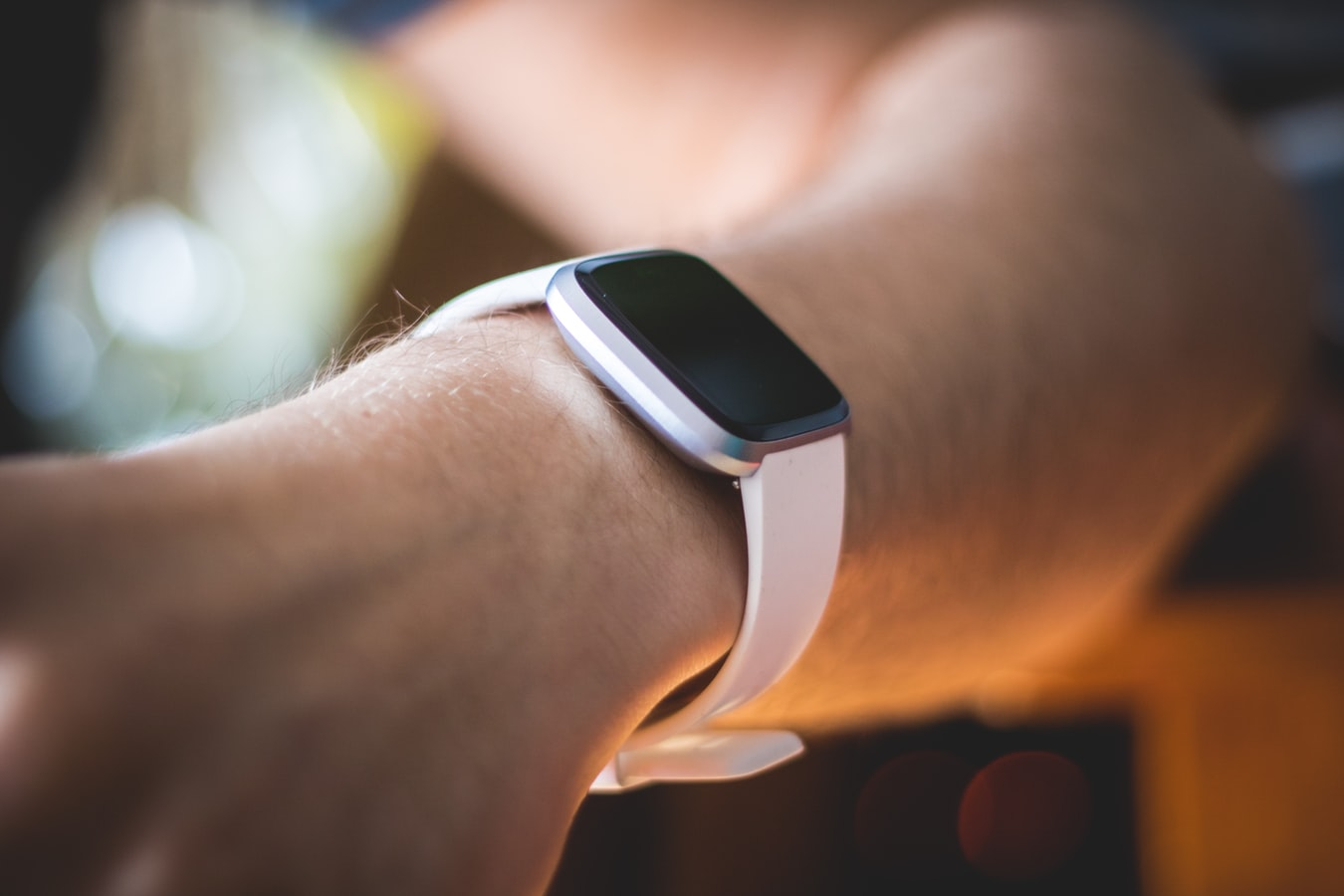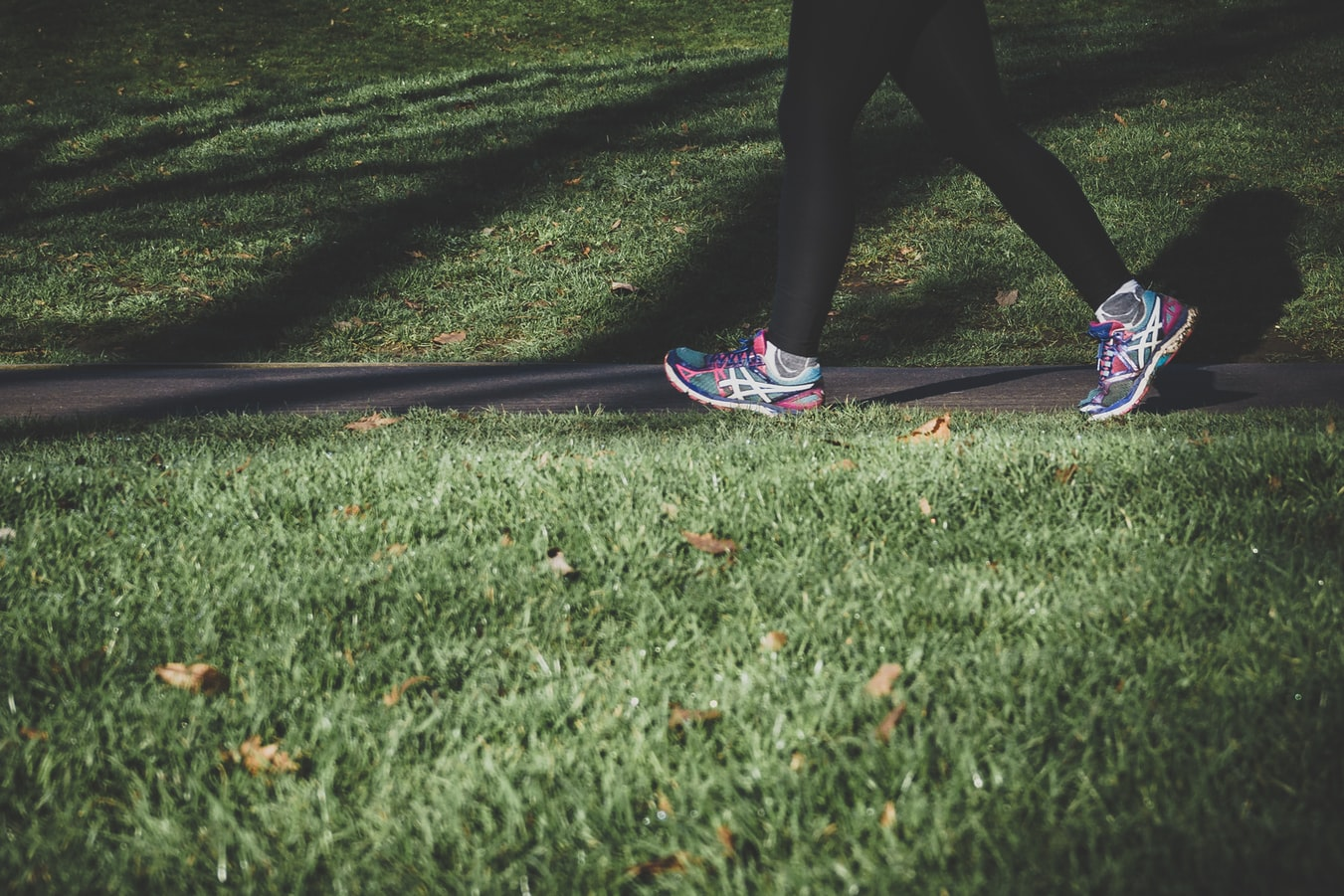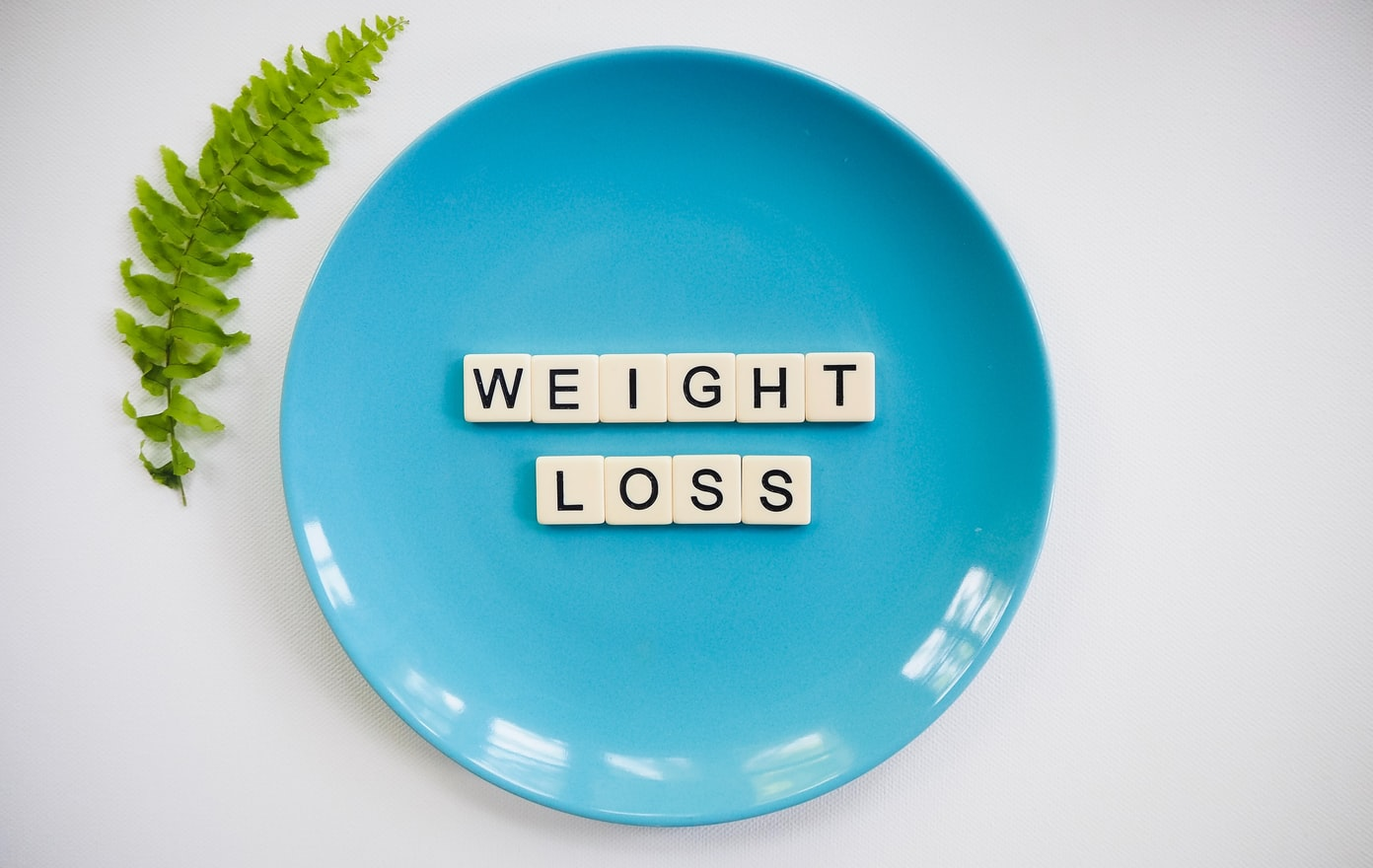Walking is an easy and accessible exercise for anyone, and measuring the amount you walk can be a good way to practice setting fitness targets and sticking to them.
But what’s the best way to measure your walking? When it comes to measuring the amount you walk, there are three main options available: measuring the distance you cover, the time you spend walking, or the common favourite – how many steps you complete in a day.


But which measurement is best for you? There is no one size fits all approach to measuring walking. What is important is finding a metric that works for you so that you will be more likely to stick to it.
Walking is a great way to start improving your fitness – so here are some facts about each metric to help you decide which one is right for you:
Tracking steps
If you are looking to lose weight, then tracking steps is a great place to start as the number is an accurate reflection of how much you are moving throughout the day. The golden rule for weight loss is to eat less and move more and tracking your steps and even setting a goal for how many steps you intend to take each day is a great way of keeping your body moving throughout the day. It also helps you to avoid sitting at your desk all day. Nearly all Smartphones will count your steps for you these days, but if you do not want to be carrying your phone with you absolutely everywhere you go then investing in a pedometer or fitness watch will give you a much more accurate step count.
Tracking distance
Tracking distance is another great way to help you to boost your overall fitness. When you track the distance that you walk each day then you get to see not just how far you have walked each day, but also how fast you have walked on each walking session. Tracking minutes per mile can be an incentive to walk faster, and you will also be able to see this speed up as you increase your fitness. If your ultimate goal is to go running, then this is a great place to start.
Tracking time
Many health studies suggest that the minutes you have completed a certain exercise are more important than the distance or the steps. The recommended average of exercise each week is 150 minutes of moderate exercise, which could include brisk walking.




